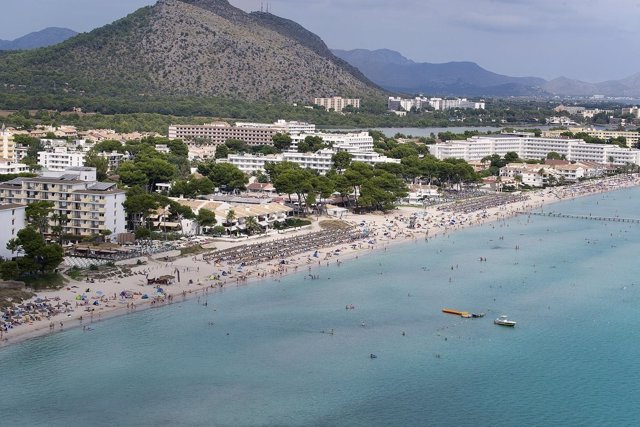The Congress of Deputies has refused to include an exception to the use of the tachograph for islands smaller than 850 square kilometers, which is a setback for Ibiza, Menorca and other islands of the Balearic and Canary archipelago. The Sustainable Mobility Law, finally approved last Thursday after the Senate process, does not include this exemption, despite repeated demands from the transport sector.
The only exception in force is in Formentera, where since 2022 the use of the tachograph is not mandatory, as well as in Ceuta and Melilla.
This condition applies because the Balearic island has an area of less than 250 square kilometers, the limit currently set by the Ministry of Transport, although European regulations allow exceptions for islands of up to 2,300 km².
Congress ignores industry demands
The rejected amendment proposed to incorporate as an exception the islands of less than 850 km², which would have directly affected Ibiza, Menorca, Lanzarote, La Palma and La Gomera.
The objective, according to the sector’s associations, was to eliminate unjustified bureaucratic burdens in areas where the use of the tachograph has no real control purpose, due to the short distances involved.
Fenadismer, the federation of transport associations, has expressed “great indignation” at the Congress’ rejection of the measure, considering that an opportunity to adapt the regulations to the insular reality has been lost.
“The use of the tachograph only serves to generate bureaucratic difficulties and unnecessary investments in such small islands, without significant non-compliance,” they point out.
The proposal was only supported by PP, ERC, UPN and a deputy of Vox, while PSOE, the majority of the Vox group, Sumar, Junts, EH Bildu, PNV, Podemos, Coalición Canaria and Compromís voted against. The BNG deputy abstained.
The industry demands an urgent review
CETM, the main transport employers’ association in Spain, has also asked the Ministry of Transport for an “urgent review” of the current criteria on driving and rest times, to adapt them to the operational reality of island transport and bring them into line with what is permitted by the European Union.
In addition, Congress defeated another amendment requiring the Ministry of Ecological Transition to set binding targets for charging points for light and heavy electric vehicles on public roads.
This measure, rejected by a similar majority, sought to schedule a minimum number of 300, 800 and 1,200 kW infrastructures until 2035.
Continue reading:
-
The Government allocates 720 million to airlines for air transport subsidies with the archipelagos and autonomous cities
-
Baleària returns to the charge against the law on vehicles in Ibiza: “It punishes maritime transport senselessly”.
-
Baleària boosts refrigerated transport: fresh produce accounts for 35% of its cargo
-
A ‘BlaBlaCar’ in Ibiza: a platform challenges cabs, pirate transport and Uber and offers shared trips amid doubts about its legality.










